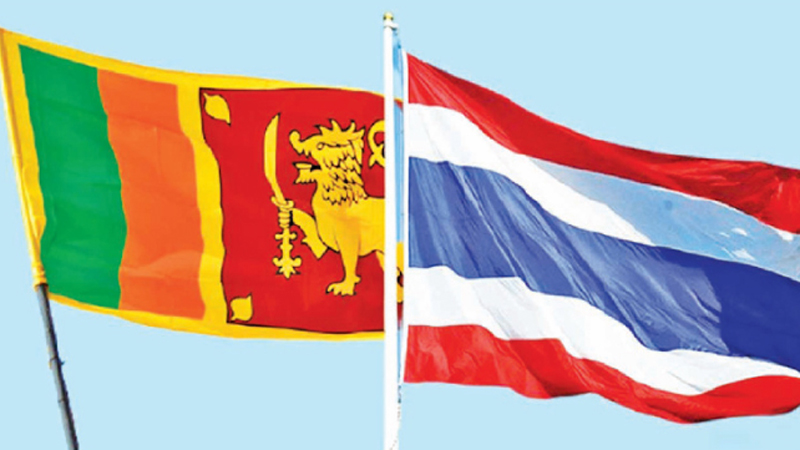The Thailand-Sri Lanka Free Trade Agreement (FTA) was approved by the Thai Parliament yesterday and awaits ratification by both sides.
The FTA is the 15th deal of its kind to be signed by Thailand and the first since Srettha Thavisin became Prime Minister last year.
Commerce Minister Phumtham Wechayachai said that the Ministry will tell Government agencies to take action before sending a notification letter to Sri Lanka that Thailand has completed its internal requirements and procedures for the agreement.
The FTA will improve the competitiveness of Thai businesses and expand trade and investment opportunities for Thai investors to tap market opportunities in pan-Indian Ocean trade by leveraging the position of Sri Lanka as a centre of shipping routes connecting East and South Asia with the Middle East, Eastern Africa and Europe, a spokesman for the Ministry said. The pact paves the way for lower tariffs on 85 percent of products between Sri Lanka and Thailand, Phumtham said. Products from Thailand to benefit from the FTA include pet food, automobile and auto parts, textiles, gems, iron and steel products, metal ores, fertiliser, plastic products, air conditioners, refrigerators, TVs, rubber gloves and furniture, the spokesman said. Sri Lanka will permit 100 percent stakes by Thai entrepreneurs in fields where Thailand has the potential, including computers, Research and Development, advertising, consultancy, telecommunications, franchising, finance, insurance, hotels and restaurants, sports and recreation and sea freight. Industries that could benefit from investment include food processing, cars and auto parts manufacturing, electronic components, textiles, batteries and medical equipment. Thai investors will receive protection in cases of expropriation or political unrest through dispute settlement resolution, according to Ministry sources. Last year the value of trade between Thailand and Sri Lanka totalled US$ 415 million, with exports worth US$ 291 million and imports worth US$ 124 million. Key Thai exports included gems and jewellery, refined oil products, fabric, rubber, chemical products and plastic pellets. Thai imports included gems, gold bars, garments, machinery and components, plants and plant products, coffee, tea and spices.
– Bangkok Post









